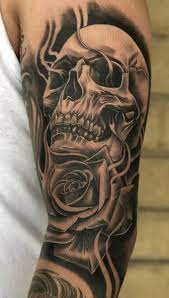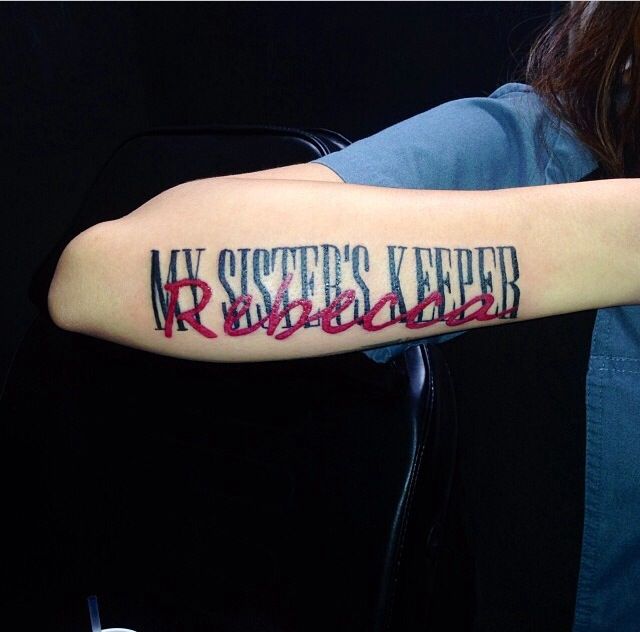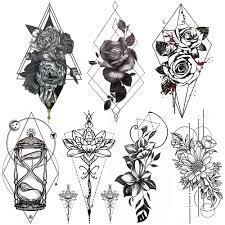
Tattoos featuring roses and skulls can be an expressive way of symbolizing duality. Depending on its design, it could mean beauty and death, life and change, love and loss – or all three simultaneously.
A Rose Symbolizes Everlasting Love
A rose symbolizes everlasting love, while death, represented by its skull, is an ever-present reminder that beauty must also fade with time. Together, they are an essential and poignant symbol from which anyone can draw strength.
The Skull is a Symbol of Death
Many people see skulls as a reminder that death is part of life and that, eventually, we all must pass. By doing so, they serve as an encouragement to live every moment as fully and beautifully as possible while enjoying every second.
Over the centuries, skulls have long been associated with various cultures and religions. Christianity uses skulls to symbolize eternity and rebirth; Jewish Kabbalah similarly employs them. Skulls have long been used as symbols of remembrance and respect for our deceased loved ones, such as in Mexico, where skulls and skeletons serve as the centerpiece of their Day of the Dead festival. Additionally, skulls play an integral role in Hinduism and Buddhism, where the goddess Kali is a symbolic figure symbolizing destruction and rebirth – her skull-shaped kapala is often used for meditation purposes – representing our eternal cycle of life and death.
The Rose is a Symbol of Love
Roses have long been associated with love, beauty, and fertility, yet their symbolism extends to death and decay. Thus, combining a skull and a rose is an apt representation of duality, representing good versus evil and reflecting the belief that death leads to new life.
The skull and rose tattoo can be created in many styles, from neo-traditional to American-traditional. Neo-traditional is distinguished by bolder lines and brighter colors than its American counterpart, making it an excellent option for people seeking something truly memorable in a tattoo design.
The Skull is a Symbol of Change
The skull is an iconic representation of death and change. It is a constant reminder that we all must face mortality, yet its beauty can also be a mark of courage and strength. Many who wear skull Tattoos use them to commemorate lost loved ones or celebrate achievements they have overcome. Skull Tattoos have proven especially popular among those overcoming addiction or illness. They use them to mark their recovery journey and honor those they’ve saved with these permanent reminders of recovery and appreciation of all they’ve done for others.
Roses have long been seen as symbols of love, life, and fertility. Pairing them with skulls creates a powerful yin/yang symbol representing death and love that can be taken as an affirmation of life over death. Tattooing their skull and roses design may serve to honor and memorialize deceased ancestors or loved ones or serve as a daily reminder that life must be lived fully now.
The Skull is a Symbol of Mortality
The skull has long been seen as a powerful symbol of mortality – something we must all face one day. It elicits feelings of fear, courage, awe, and admiration in its viewers, symbolizing a powerful mind capable of overcoming obstacles and danger. Ancient civilizations even used skulls as drinking cups; medieval artists frequently employed it for medieval artworks, while even Shakespeare famously employed its imagery when writing Hamlet.
Hinduism and Buddhism venerate skulls as sacred symbols associated with Munda Mala and OM. They are also used as icons representing Gods or Goddesses such as Shiva, who often appears with an array of skulls surrounding his neck – seen as signs of transcendental wisdom and knowledge beyond physical form.
For a more feminine interpretation, skull Tattoos with flowers such as roses can represent life and death as a potent reminder. A rose tattoo alongside a skull may serve to remember lost loved ones or reflect how far one has come in life despite challenges they’ve faced and overcome.

